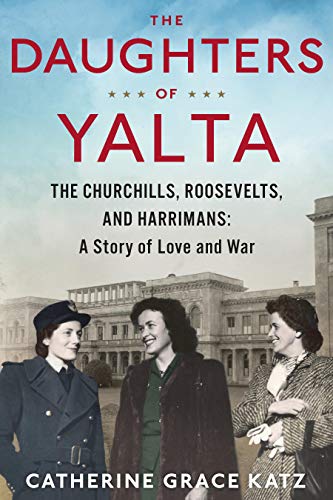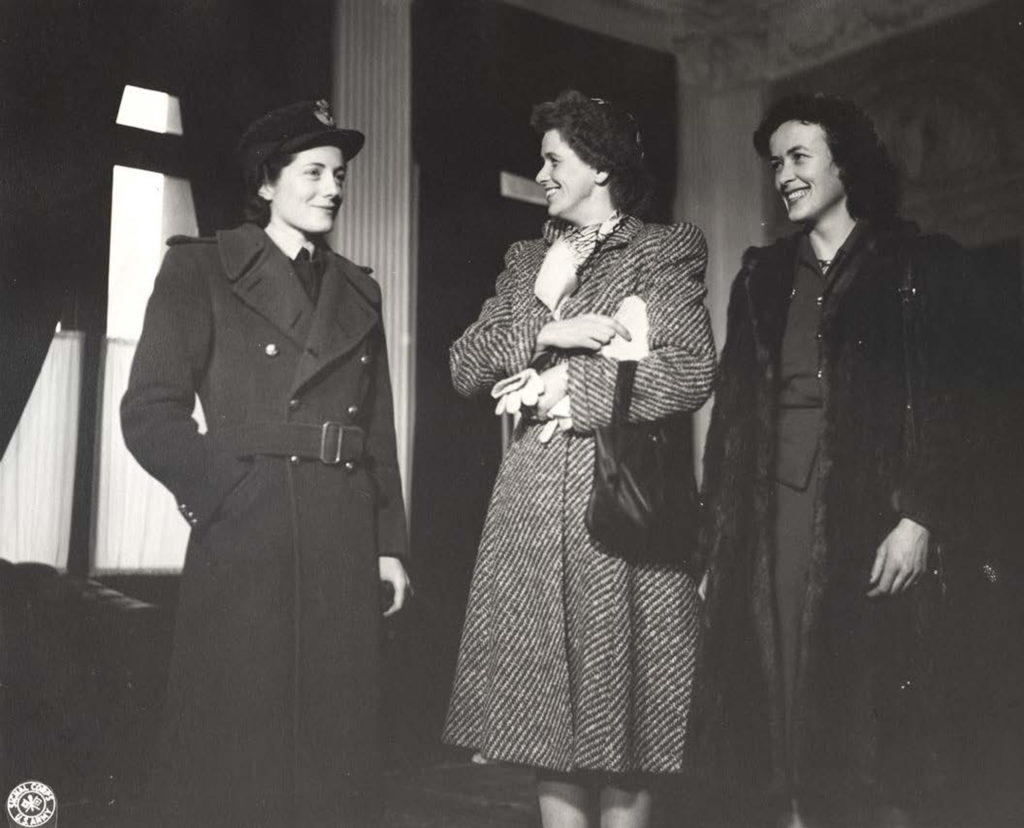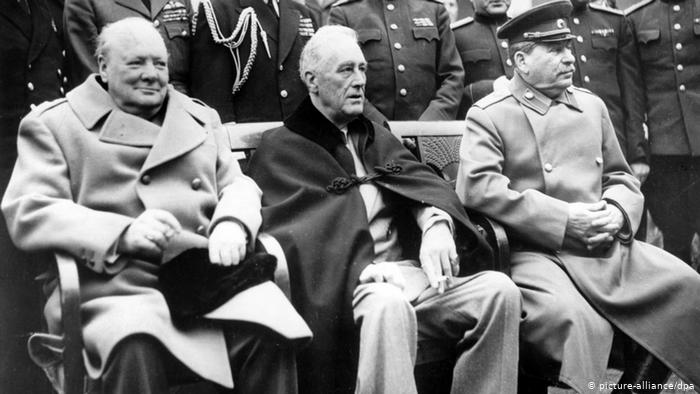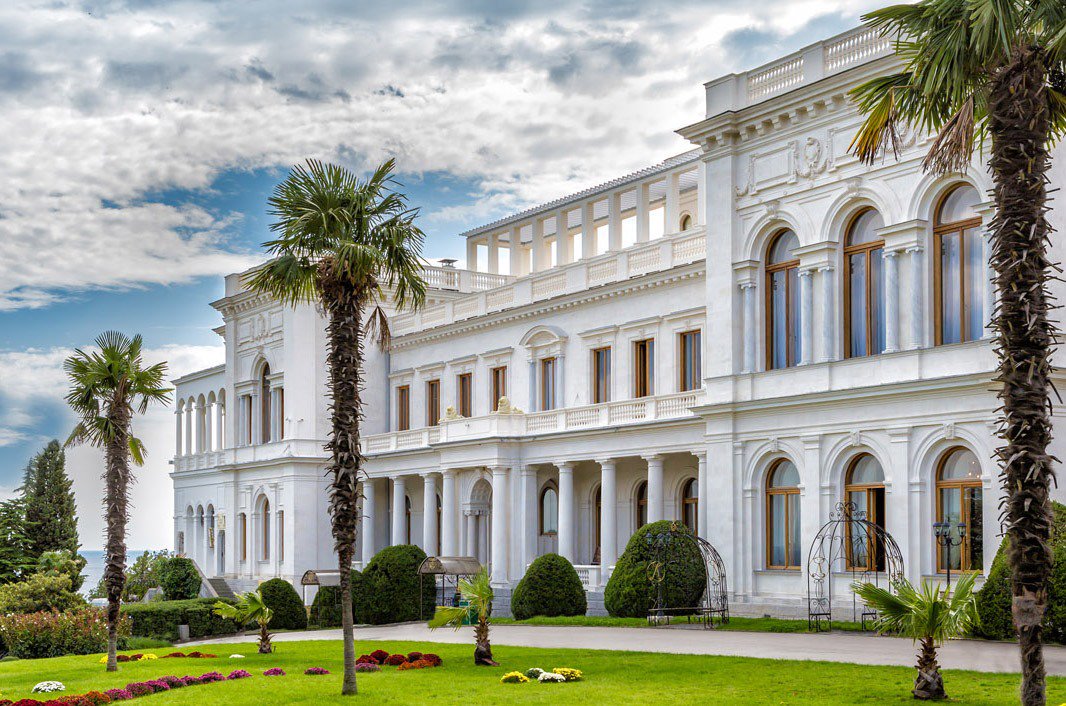 The Yalta conference held in February 1945, was designed to resolve the peace process and political future of Europe after Germany’s impending defeat. Issues of control largely centered around Eastern Europe, where the Soviet Army had ruthlessly marched through, conquering the Germans and anyone else who happened to be there, as they went. The Western European countries through which the American and British armies had marched, had established governments which were in the process of being reconstituted.
The Yalta conference held in February 1945, was designed to resolve the peace process and political future of Europe after Germany’s impending defeat. Issues of control largely centered around Eastern Europe, where the Soviet Army had ruthlessly marched through, conquering the Germans and anyone else who happened to be there, as they went. The Western European countries through which the American and British armies had marched, had established governments which were in the process of being reconstituted.

The Yalta Conference was a meeting among equals that included Soviet Dictator Josef Stalin, US President Franklin Roosevelt, and British Prime Minister Winston Churchill, who had each led their country in the “grand alliance” that conquered Adolf Hitler’s Germany. Stalin forced the meeting to be held in Yalta, situated on the Soviet-held Crimean Peninsula in the Black Sea. The others had little choice but to comply if they hoped to have any control of the situation in Eastern Europe.
Daughters of Yalta, is focused on the daughters of Roosevelt, Churchill, and American Ambassador to Moscow, Averill Harriman, who accompanied their fathers as unofficial aides de camp. Author Catherine Grace Katz attempts to spin a good tale about how the daughters helped their fathers through the difficult discussions, but I’m afraid to say that she fails at that.

The problem is that the daughters, and therefore the author, did not have sufficient information about what was going on behind the closed doors of the ancient Livadia palace ballroom in which the leaders and their military and diplomatic strategists met. The daughters largely provided moral support to their fathers outside the conference hours, which was obviously important, but not a great story.
No amount of writing peripheral stories about shopping trips to neighboring Sevastopol, or the state of ruins in Crimea, can replace content that would have made for an interesting story. That makes it impossible to not compare the book to Erik Larson’s The Splendid and the Vile, which draws on diaries of Churchill’s inner circle as well as those of Hitler’s inner circle, and London’s network of diarists, to describe what was going on at Chequers and 10 Downing Street, and in dining halls, barrooms, and bedrooms, during the London Blitz.

Katz does give a very detailed account of the affair between Averill Harriman and Pamela, divorced wife of Churchill’s son Randolph, right up to and including the end of both their lives. And she gives a credible account of the relationship between Franklin Roosevelt and Lucy Mercer. I wish that she had paid more attention than she did, or as able to, to Roosevelt’s seriously declining health (he died just a few weeks after the conference) and how that had impacted the relationship with Lucy Mercer (she was with him when he died).
The book does expose the major weaknesses and outright failings of the Yalta Conference, but without the sort of inside information I had hoped to get from the book. It’s a good read, but not a great one, and certainly not mandatory for World War II afficionados.
Recent Comments